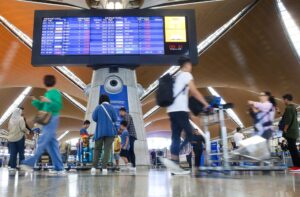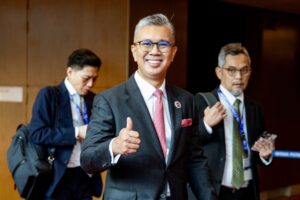KAJANG, Aug 22 — The amended Drug and Substance Dependants and Misusers (Treatment and Rehabilitation) Act 1983 (Act 283) officially came into force today, National Anti-Drug Agency (AADK) director-general Datuk Ruslin Jusoh announced.
He said that today’s date was gazetted as the enforcement date of the amended Act by the Attorney General’s Chambers (AGC), marking a significant milestone in Malaysia’s fight against drug abuse.
“This enforcement is no easy task. With all the amendments, AADK’s roles and responsibilities have been expanded in both treatment and enforcement. Many aspects, including procedures and permanent orders, have been carefully refined,” he told a press conference after the AADK’s monthly assembly here today.
For the record, the amendments, originally known as the Drug Addicts (Treatment and Rehabilitation) (Amendment) Bill 2024, were passed in the Dewan Rakyat on July 18, and in the Dewan Negara on Aug 1, 2024.
The revised law clarifies the distinction between drug dependants and substance misusers while broadening the scope of treatment and rehabilitation services to cover both groups.
During the monthly assembly, Ruslin also launched the Drug-Free Village (KABD) initiative, which is AADK’s latest effort to combat drug threats nationwide by establishing at least one drug-free village in every state.
Initially a pilot project, KABD will involve cross-agency collaboration between AADK state directors and local village heads or chiefs to provide early intervention and community support to clients.
“It is the responsibility of the state directors to identify and categorise areas as either high, medium or low drug risks, as well as villages with potential risks.
“We will engage local leaders and communities as strategic partners in AADK’s mission. I also expect reports on the initiative’s progress within the first six months. Success may not be 100 per cent, but we want to see tangible results,” he explained.
The initiative also prioritises outreach to remote communities, including Orang Asli settlements, ensuring they are not left behind in receiving drug prevention, treatment, and rehabilitation services, he added. — Bernama





